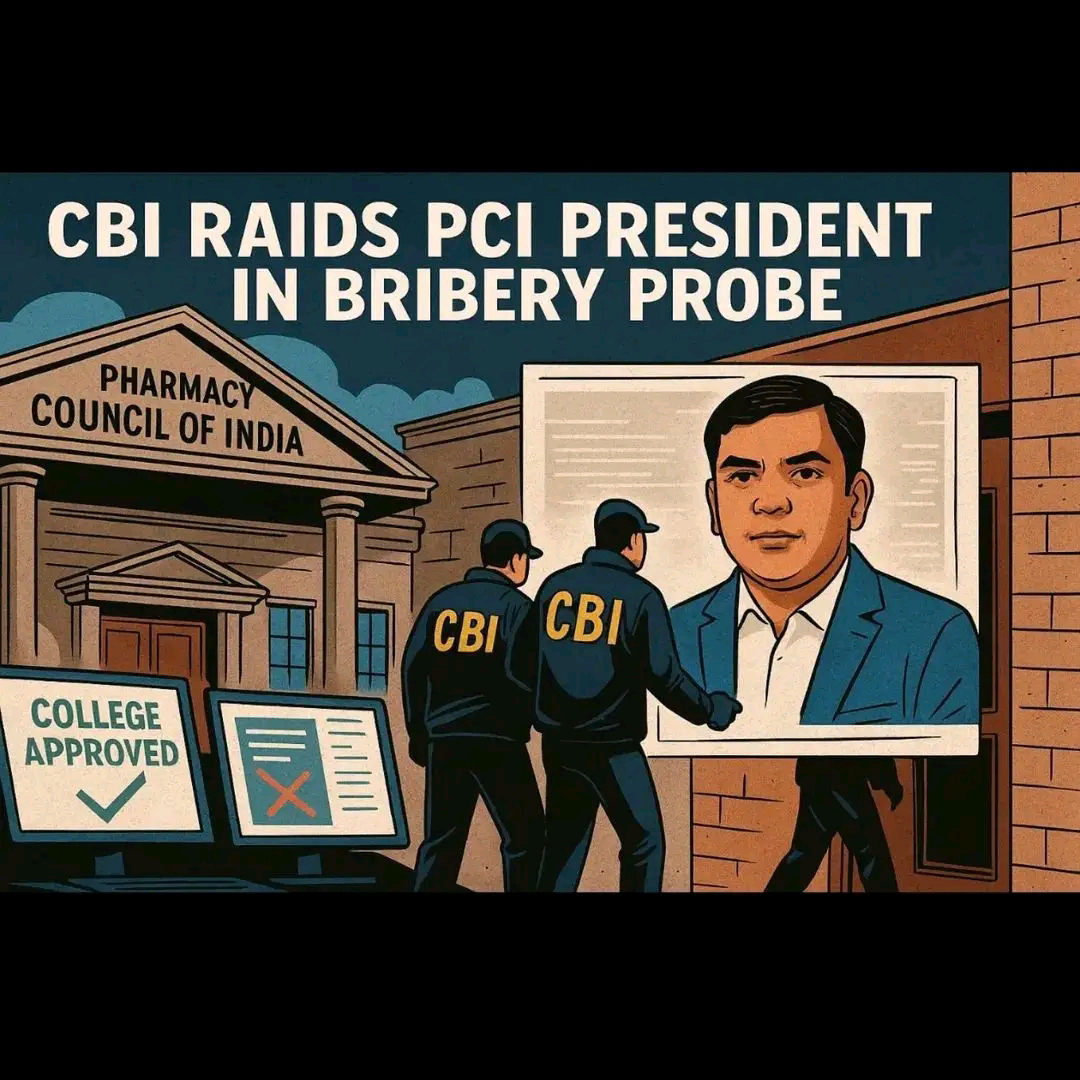Q-commerce is here to stay, retailers must upgrade themselves’, says CEO of Retailers Association of India
On September 26, Madras High Court lawyer K Narasimhan alleged in his complaint to the DPIIT that e-commerce platform Flipkart is offering discounts at product level for select sellers and creating a non-competitive environment.
By IMRAN FAZAL| Sep 27, 2024 8:44 AM
‘Q-commerce is here to stay, retailers must upgrade themselves’, says CEO of Retailers Association of India
The Department for Promotion of Industry and Internal Trade (DPIIT) has referred a complaint against quick commerce companies to the CCI for further investigation.
Multiple retail trade associations and federations have written to the Indian government, expressing concerns that the growth of Q-commerce platforms is hurting their retail businesses. The Retailers Association of India (RAI) believes that instead of complaining about the rise of Q-commerce and e-commerce platforms, retailers should focus on upgrading themselves.
It's worth noting that several FMCG companies have reported strong double-digit growth in online sales through quick-commerce. According to a RedSeer report, the Q-commerce market is expected to reach $5.5 billion by 2025. The contribution of quick-commerce platforms to the online grocery market is projected to increase from 10% to 45% in the coming years. In 2023, the gross merchandise value (GMV) of quick commerce in India reached $2.3 billion, showing a growth of over 70% compared to the previous year.
RELATED STORIES
‘Q-commerce is here to stay, retailers must upgrade themselves’, says CEO of Retailers Association of India
On the sidelines of the Retail Technology Conclave, ReTechCon 2024, Kumar Rajagopalan, CEO of the Retailers Association of India (RAI), spoke to Storyboard18 about the ongoing Q-commerce vs. Retailers conflict, which has now reached the Competition Commission of India (CCI).
Addressing the allegations of unfair trade practices by Q-commerce and e-commerce platforms, Rajagopalan stated, “When it comes to unfair trade practices and allegations by retailers, we need to wait and see. The government has a mechanism to address such issues.”
Rajagopalan added, “As far as Q-commerce platforms are concerned, they are here to stay because customers are getting something they've always wanted. At RAI, we believe in creating a level playing field for all retailers, and the Indian government has already launched the Open Network for Digital Commerce (ONDC), which will likely incorporate hyper-local and fast-commerce capabilities.”
He went on to say, “We are waiting for ONDC to improve further, and RAI is actively working with them. I believe that when your trusted local retailer can provide the product you want, whether online or offline, at the desired speed, small retailers will naturally thrive.”
Rajagopalan emphasized, “Our goal is to help small retailers improve their operations. As the Retailers Association, we don’t believe in halting new or innovative businesses, but we aim to ensure everyone has a level playing field.”
Recently, All India Consumer Products Distributors Federation (AICPDF), which claims to represent about 800,000 entities, expressed concerns over the rapid expansion of quick commerce platforms. They allege that these platforms create an uneven playing field, negatively impacting small retailers.
The AICPDF submitted a complaint to the Ministry of Commerce and Industry, raising concerns about anti-competitive practices by quick commerce companies and calling for an investigation.
When asked about RAI's stance on this issue, Rajagopalan said, “The debate over whether retailers should be available both online and offline is now irrelevant. Customers are shopping both ways. Any retailer worth their salt must be available online and offline, which is why I support ONDC. You can’t do anything that goes against customer interests—it will backfire.”
He added, “The key is to enable everyone to do business for the customer. However, if someone is engaging in deep discounting or loss leadership practices that are anti-competitive, these should be addressed, and it’s the government’s responsibility to ensure such practices are stopped.”
“At RAI, we always emphasize a level playing field. No one should take undue advantage of the situation with unfair trade practices. At the same time, businesses should not expect things to be the same as they were a decade ago—COVID has changed all of us as consumers. Retailers must adopt new methods to upgrade themselves.”
The Department for Promotion of Industry and Internal Trade (DPIIT) has referred a complaint against quick commerce companies to the CCI for further investigation.
Moreover, Confederation of All India Traders (CAIT) has urged the government to suspend the 'festival sales' events of Amazon and Flipkart, as they will further harm domestic traders through the continued use of anti-competitive practices.
On September 26, Madras High Court lawyer K Narasimhan alleged in his complaint to the DPIIT that e-commerce platform Flipkart is offering discounts at product level for select sellers and creating a non-competitive environment. The letter was sent to the Department for Promotion of Industry and Internal Trade Secretary Amardeep Singh Bhalla.
















